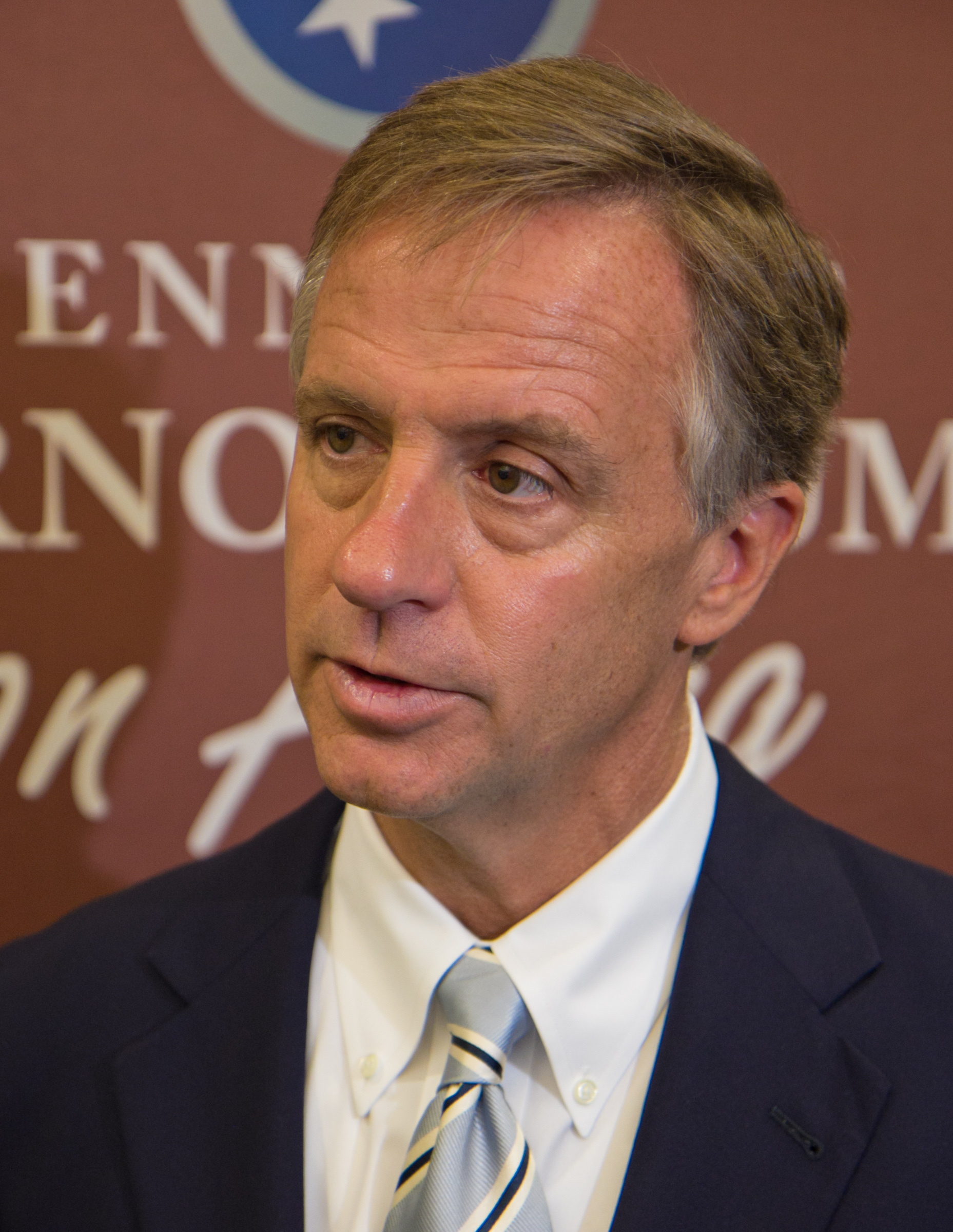Tennessee Governor Bill Haslam favors strong law on open meetings
Friday, January 1, 1904
NASHVILLE -- Gov. Bill Haslam said Thursday he opposes efforts to weaken Tennessee's Open Meetings Act, which bans most governing bodies from conducting the public's business behind closed doors.
A former Knoxville mayor, Haslam said his experience watching the City Council operate in public gives him little basis to believe changes are necessary to the 1974 "Sunshine Law."
The law prohibits two or more members of most public bodies, including county commissions, city councils, school boards and state regulatory boards, from deliberating in secret.
"Those rules actually worked and led to better discussions at City Council meetings," the governor told reporters.
Commissioners in Williamson, Obion and Lewis counties have passed resolutions urging state lawmakers to let them to discuss public business in private as long as they don't have a quorum. Local governments argue that the law, upheld in 1976 by the Tennessee Supreme Court, is too restrictive.
Commissioners in Rhea County recently voted 7-2 against a similar proposal offered by Commissioner Ronnie Raper.
He is president of the Tennessee County Commissioners Association, whose members discussed proposed changes to the law earlier this year.
Anderson County commissioners also gave a thumbs-down to the proposal, which is being discussed in several other counties.
But Hamilton County commissioners made no mention of it recently when they presented requests to the county's lawmakers for the upcoming session of the General Assembly.
Frank Gibson, public policy director of the Tennessee Press Association, praised Haslam's stance.
The governor's view "reflects what a vast majority of Tennesseans think, and that is that the Sunshine Law should not be rolled back 40 years the way this proposal would do," Gibson said.
"There's already a lot of public distrust in government, and this would just confirm what a lot of folks already suspect -- which is too much public business gets done in secret," he said.
David Connor, executive director of the Tennessee County Commissioners Association, said allegations are made and lawsuits filed when elected officials simply speak to each other in chance encounters, but the law only bars private deliberations toward a decision, not all conversation.
"There's times when the law works great and times when it creates conflict ... where there may not have been anything wrong," Connor said.
Gibson said if the law is changed, "any controversial zoning matter, budgets, taxes, could be thrashed out in those [secret] meetings and all they'd have to do is go into a public meeting and pick up one vote and, without public discussion, pass something."
Haslam acknowledged it can be difficult to explain why local governments are subject to the Sunshine Law while the state Legislature is not. A state Court of Appeals ruled that one General Assembly cannot bind the actions of a future General Assembly.
Still, the governor said, when the public distrusts elected officials and government, pursuing attempts at further secrecy isn't a good idea.
"There's no way that's a politically popular move," Haslam said. "So I don't think that's a winning strategy. I think there are obviously some folks who are convinced that's a way to maybe be more effective."

